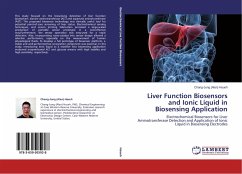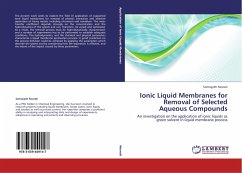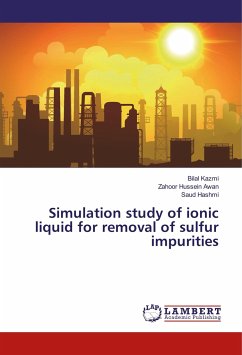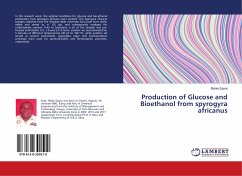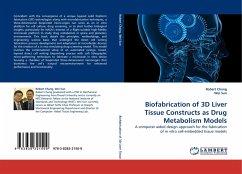This study focused on the biosensing detection of liver function biomarkers: alanine aminotransferase (ALT) and aspartate aminotransferase (AST). The proposed biosensor technology was clinically useful tool for potential point-of-care screening of liver status. Electrochemical sensing techniques, and screen printing fabrication promised a large-scaled production of portable sensor prototype in a cost-effective way.Furthermore, the sensor operation was easy-used for a rapid detection. Also, incorporating nano-catalyst into sensor design allowed a selective performance, especially on the measurement of human physiological fluids. To develop a full prototype of biosensor platform, a stable and well-performed bio-recognition component was essential. In this study, introducing ionic liquid as a modifier into biosensing application endowed enzyme-based ALT and glucose sensors with high stability and high sensitivity, respectively.
Bitte wählen Sie Ihr Anliegen aus.
Rechnungen
Retourenschein anfordern
Bestellstatus
Storno

